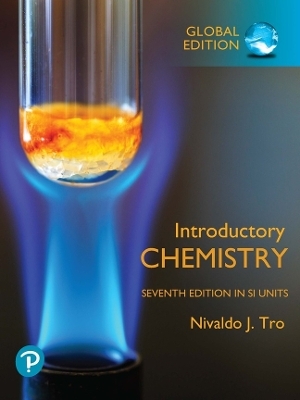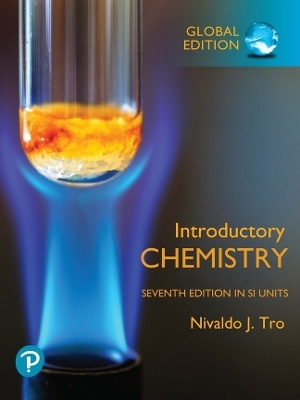
Materials Aspects in Automotive Catalytic Converters
Seiten
2003
Wiley-VCH Verlag GmbH (Hersteller)
978-3-527-60053-3 (ISBN)
Wiley-VCH Verlag GmbH (Hersteller)
978-3-527-60053-3 (ISBN)
- Titel ist leider vergriffen;
keine Neuauflage - Artikel merken
Concentrates on the high-temperature mechanical and oxidation behaviour of both metal-supported and ceramic-supported automotive catalysts.
MACC 2001 is the successor meeting of the first international conference on Materials Aspects in Automotive Catalytic Converters, MACC '97, and concentrates on the high-temperature mechanical and oxidation behaviour of both metal-supported and ceramic-supported automotive catalysts. The metal-supported catalyst is based on a ferritic steel with 5-8 percent aluminium, 17-22 percent chromium and small additions of reactive elements. More than 20,000,000 units were produced in 1999. The ceramic-supported catalytic converter is based on corderite. The production rate of ceramic-supported catalysts is much higher. Both materials have specific advantages and disadvantages which determine the application for a given car model.In addition to these two basic groups of catalytic carriers, the scope of the conference also refers to coating aspects, since the influence of the coating composition is becoming more and more important. The car and car-supplying industries report on their future requirements with respect to performance and service life. Maintaining good performance is mandatory particularly in the view of thinner supports and higher temperatures.
Service life predictions, based on modelling and simulation techniques, will depend on reliable materials' data. This volume will therefore be invaluable to all scientists and engineers involved in the design and development of automotive catalysts.
MACC 2001 is the successor meeting of the first international conference on Materials Aspects in Automotive Catalytic Converters, MACC '97, and concentrates on the high-temperature mechanical and oxidation behaviour of both metal-supported and ceramic-supported automotive catalysts. The metal-supported catalyst is based on a ferritic steel with 5-8 percent aluminium, 17-22 percent chromium and small additions of reactive elements. More than 20,000,000 units were produced in 1999. The ceramic-supported catalytic converter is based on corderite. The production rate of ceramic-supported catalysts is much higher. Both materials have specific advantages and disadvantages which determine the application for a given car model.In addition to these two basic groups of catalytic carriers, the scope of the conference also refers to coating aspects, since the influence of the coating composition is becoming more and more important. The car and car-supplying industries report on their future requirements with respect to performance and service life. Maintaining good performance is mandatory particularly in the view of thinner supports and higher temperatures.
Service life predictions, based on modelling and simulation techniques, will depend on reliable materials' data. This volume will therefore be invaluable to all scientists and engineers involved in the design and development of automotive catalysts.
Ecological Demands and Emission Regulations in Different Countries Development Status of Products Development of Metal and Ceramic Materials High Temperature Oxidation Behaviour High Temperature Mechanical Strength Other High Temperature Properties Life Time Predictions by Modelling and Simulation Interactions of Materials Involved Performance and Deactivation Testing Production of Metal Foils and Ceramics
| Verlagsort | Weinheim |
|---|---|
| Sprache | englisch |
| Gewicht | 10 g |
| Themenwelt | Naturwissenschaften ► Chemie |
| Technik ► Maschinenbau | |
| ISBN-10 | 3-527-60053-1 / 3527600531 |
| ISBN-13 | 978-3-527-60053-3 / 9783527600533 |
| Zustand | Neuware |
| Haben Sie eine Frage zum Produkt? |
Mehr entdecken
aus dem Bereich
aus dem Bereich
Online Resource (2024)
Pearson Education Limited (Hersteller)
62,40 €
Online Resource (2024)
Pearson Education Limited (Hersteller)
34,65 €
Freischaltcode (2024)
Pearson Education Limited (Hersteller)
63,25 €


